Durian exported to the European Union (EU) was found to contain pesticide residues exceeding the permitted threshold. As a result, the EU has increased the frequency of inspections.
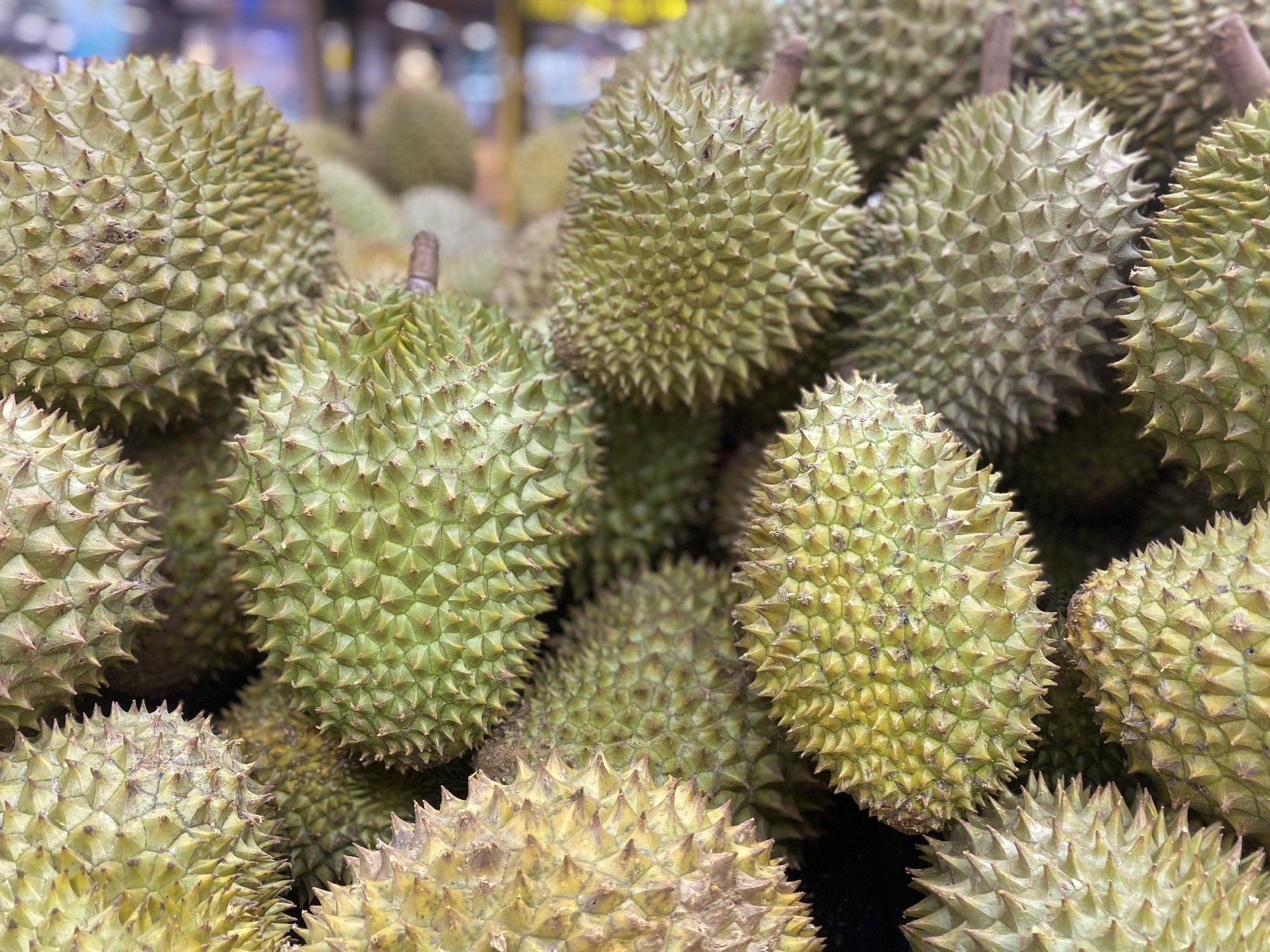
Due to continued violations of regulations, the EU increased the inspection frequency from 10% to 20% for Vietnamese durian - Photo: C.TUỆ
On December 24, the Vietnam SPS Office (Ministry of Agriculture and Rural Development) said that the unit has just sent a notice to the Plant Protection Department and the Vietnam Fruit and Vegetable Association regarding Vietnamese durian, dragon fruit, chili and okra exported to the EU.
Pesticide residues exceed the permissible threshold many times
Specifically, on December 19, the Vietnam SPS Office received a notice from the Secretariat of the SPS/WTO Committee regarding the European Union's announcement of Regulation 2024/3153 issued on December 18, amending Regulation 2019/1793 on temporarily strengthening official controls and emergency measures to manage the import of certain goods from certain third countries into the European Union.
This regulation is related to the control of durian, dragon fruit, chili and okra exported from Vietnam to the EU.
Specifically, for Vietnamese durian, the EU temporarily increased the frequency of border inspections from 10% to 20%. The reason is due to non-compliance with regulations on pesticide residue levels.
Accordingly, EU authorities have discovered many active ingredients of pesticides that exceed the permissible threshold many times on durian, such as Carbendazim with residue of 3.2-6.3mg/kg, while the EU stipulates no more than 0.1mg/kg; Azoxystrobin residue of 1.6-3.2mg/kg (regulated at 0.01mg/kg); Fipronil exceeding the threshold of 0.021-0.042mg/kg (regulated at 0.005mg/kg).
The active ingredients Dimethomorph, Metalaxyl, Lambda-cyhalothrin, and Acetamiprid all exceeded the permissible threshold from 0.026 - 0.542 mg/kg, while the regulation does not exceed 0.01 mg/kg.
For dragon fruit, chili and okra, the EU maintains the same frequency of border inspections. Of which, the inspection frequency for dragon fruit is 30%, chili and okra are 50%. These three products must be accompanied by pesticide residue analysis results when imported into the EU.
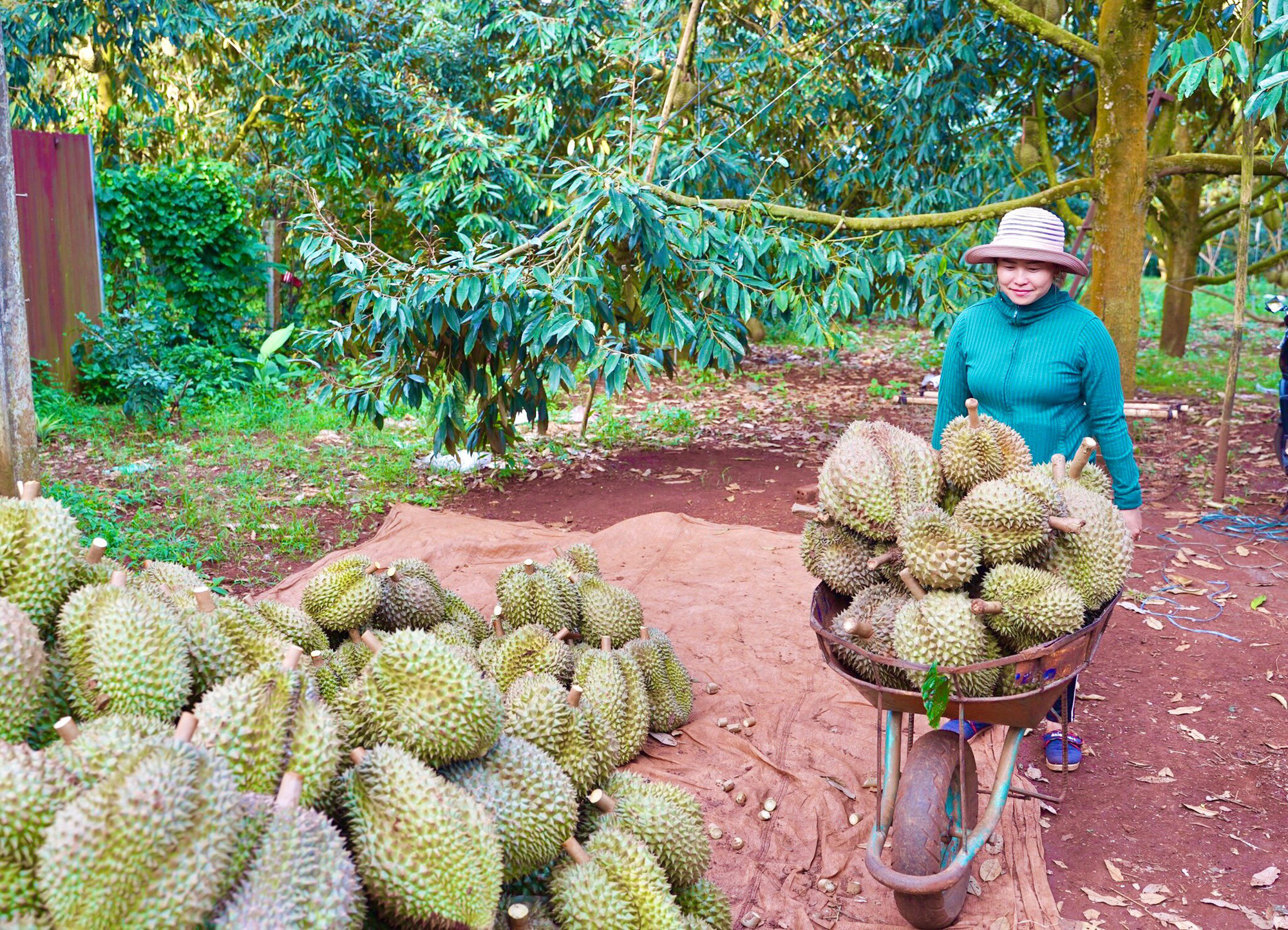
Farmers in Dak Lak harvest durian - Photo: TRUNG TAN
If violations continue, the EU may increase the frequency of inspections.
Speaking to Tuoi Tre Online , Mr. Ngo Xuan Nam - Deputy Director of the Vietnam SPS Office - said that the EU's increase or decrease in the frequency of border checks for agricultural products, food, and animal feed is a regular activity according to EU regulations.
It is important that agricultural products from Vietnam must be actively managed and monitored for product quality in compliance with market regulations. Because according to EU regulations, every 6 months, the European Parliament will meet and review the frequency of border checks on agricultural products, food, and animal feed imported into the EU from third countries.
If violations continue, depending on the level and the item, they may face the risk of having the border inspection frequency increased according to Appendix I (inspection frequency 10% - 20% - 30% - 50%) or moving to Appendix II (requiring certificates, residue analysis results and subject to inspection frequency 5% - 10% - 20% - 30% - 50%) or Appendix IIa (import suspension).
As for durian, due to violations of regulations, the inspection frequency will be increased from 10% to 20% (according to Appendix 1). In the next 6 months, if violations continue, the EU may increase the inspection frequency to 30 or 50%, or even move to Appendix II.
On the contrary, if EU regulations are complied with and there are no violations, the EU may reduce the frequency of inspections or remove control conditions.
One batch of violations, all markets are warned
From the above facts, Mr. Nam recommends that farmers in the production and cultivation process need to comply with and update the EU regulations on controlling plant protection drugs. Especially for active ingredients not on the EU's banned list, the default level is 0.01 mg/kg (ppm).
With permitted active ingredients, farmers must strictly adhere to the "4 rights" rule - right medicine, right time, right dosage - concentration and right method. In particular, it is necessary to ensure that there are no pesticide residues left from the quarantine period until harvest.
Along with that, people must actively switch to organic farming, using biological active ingredients and biological products to better meet market demands.
Besides, there is the coordination and companionship of enterprises on the perspective of co-management of product quality between enterprises and producers.
"Currently, not only the EU market, but most markets issue warnings for even one batch of violating goods. This will affect the reputation and brand of the entire industry.
Therefore, export enterprises need to be deeply aware that just being "whistled" once will cause all other enterprises in the industry to be subject to increased control at the border gate. These steps will certainly cause many times more costs for enterprises" - Mr. Nam emphasized.
Source: https://tuoitre.vn/chau-au-tang-tan-suat-kiem-tra-sau-rieng-nhap-khau-tu-viet-nam-20241224110528433.htm


![[Photo] President Luong Cuong presided over the welcoming ceremony and held talks with Sri Lankan President Anura Kumara Dissanayaka](https://vstatic.vietnam.vn/vietnam/resource/IMAGE/2025/5/5/bbb34e48c0194f2e81f59748df3f21c7)


![[Photo] Solemn opening of the 9th Session, 15th National Assembly](https://vstatic.vietnam.vn/vietnam/resource/IMAGE/2025/5/5/ad3b9de4debc46efb4a0e04db0295ad8)






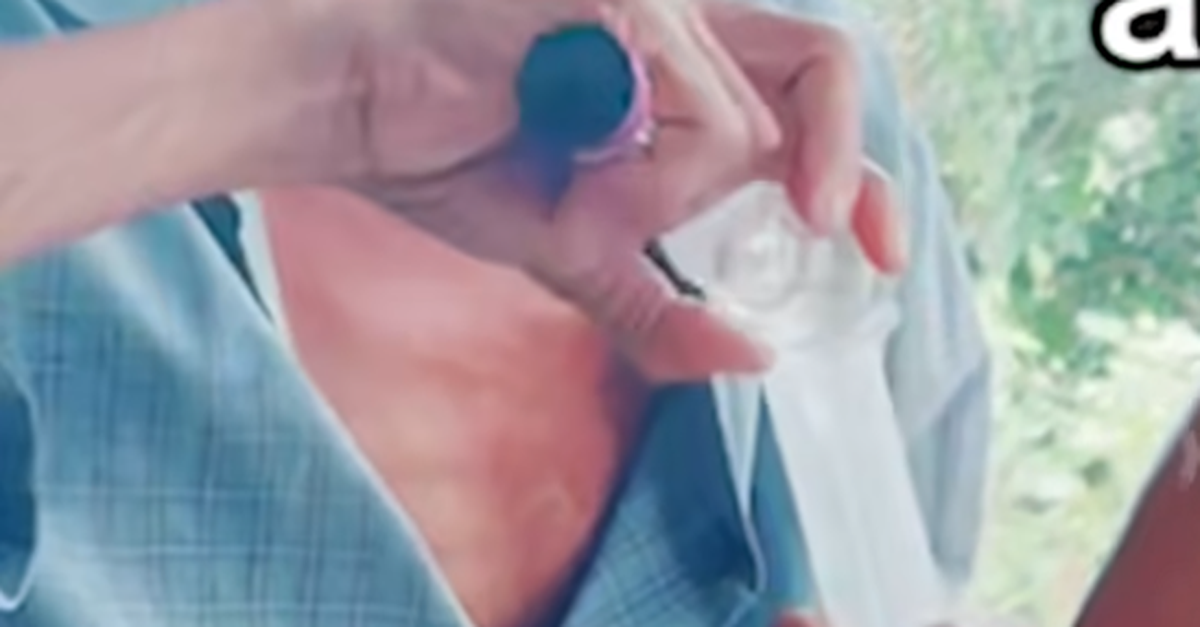
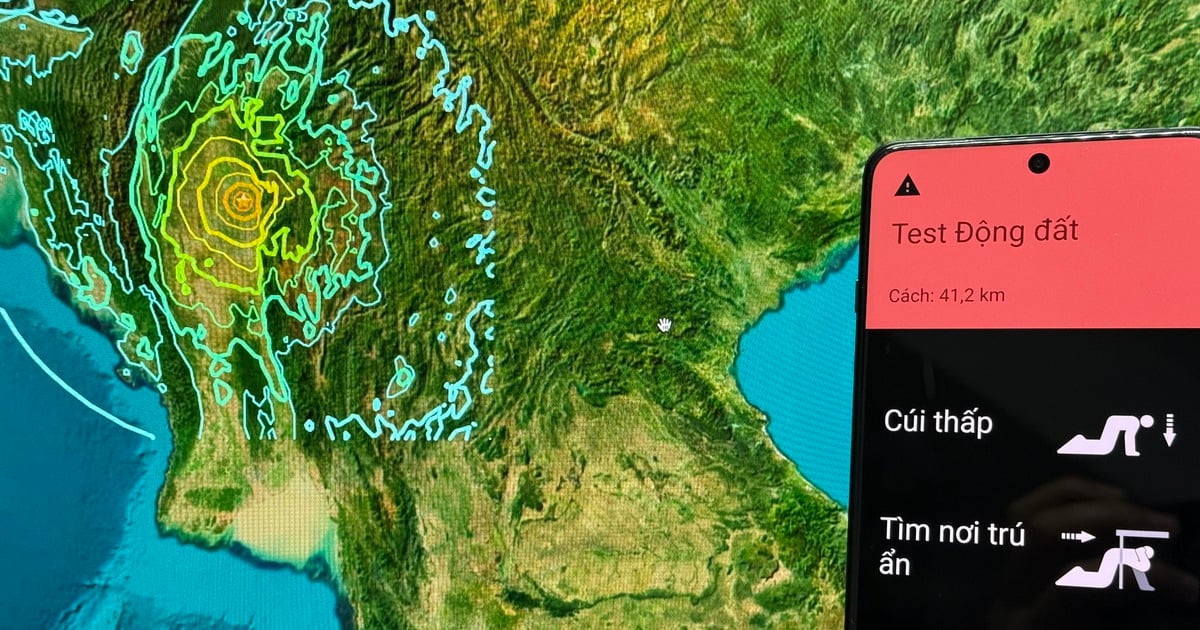

















![[Photo] National Assembly delegates visit President Ho Chi Minh's Mausoleum](https://vstatic.vietnam.vn/vietnam/resource/IMAGE/2025/5/5/9c1b8b0a0c264b84a43b60d30df48f75)






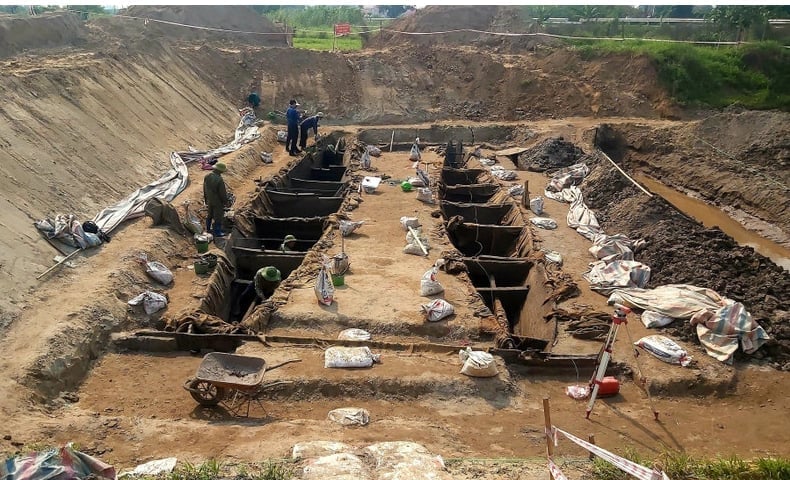

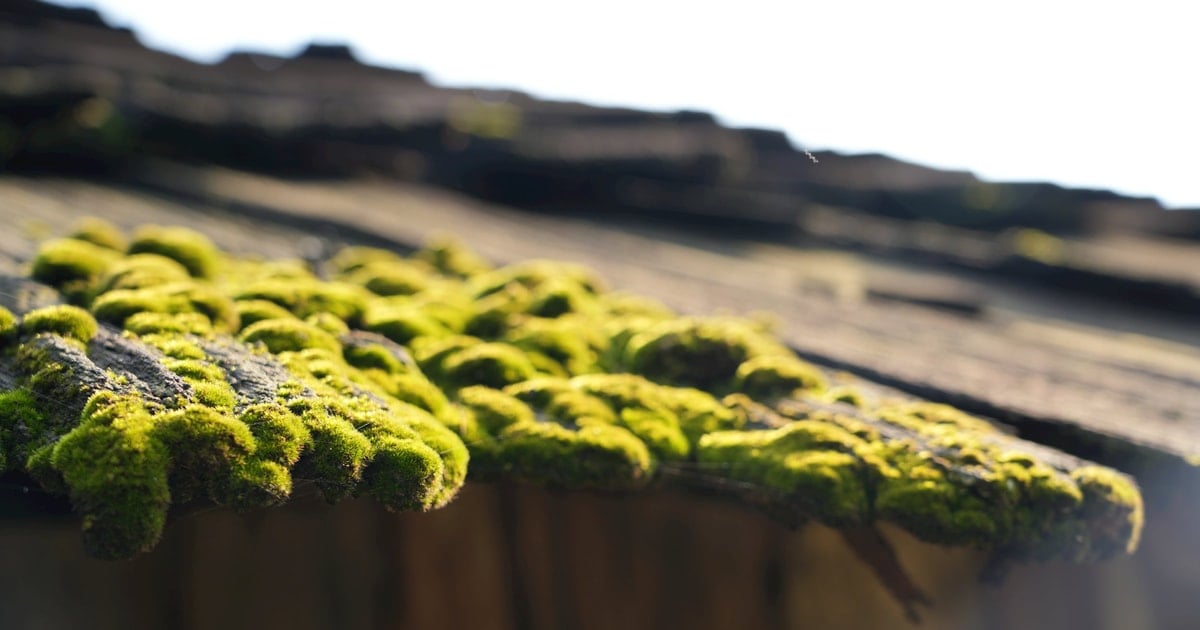

















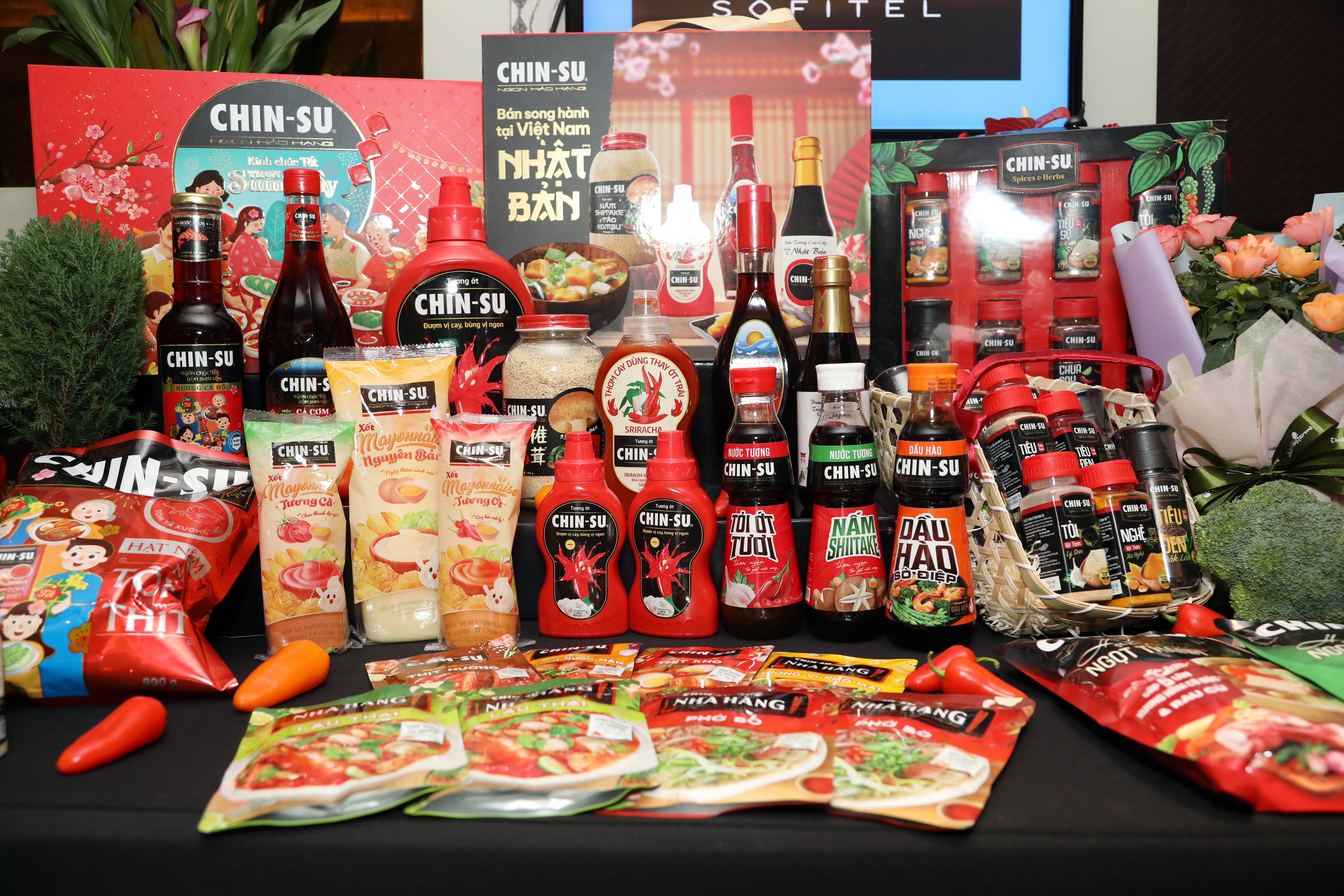



















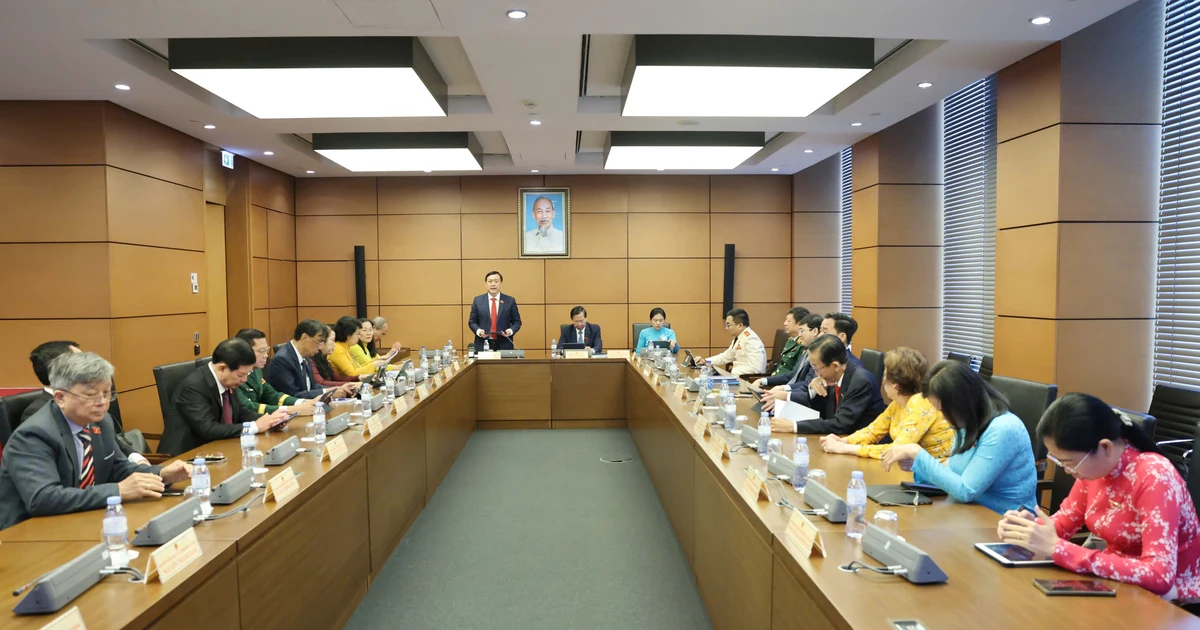
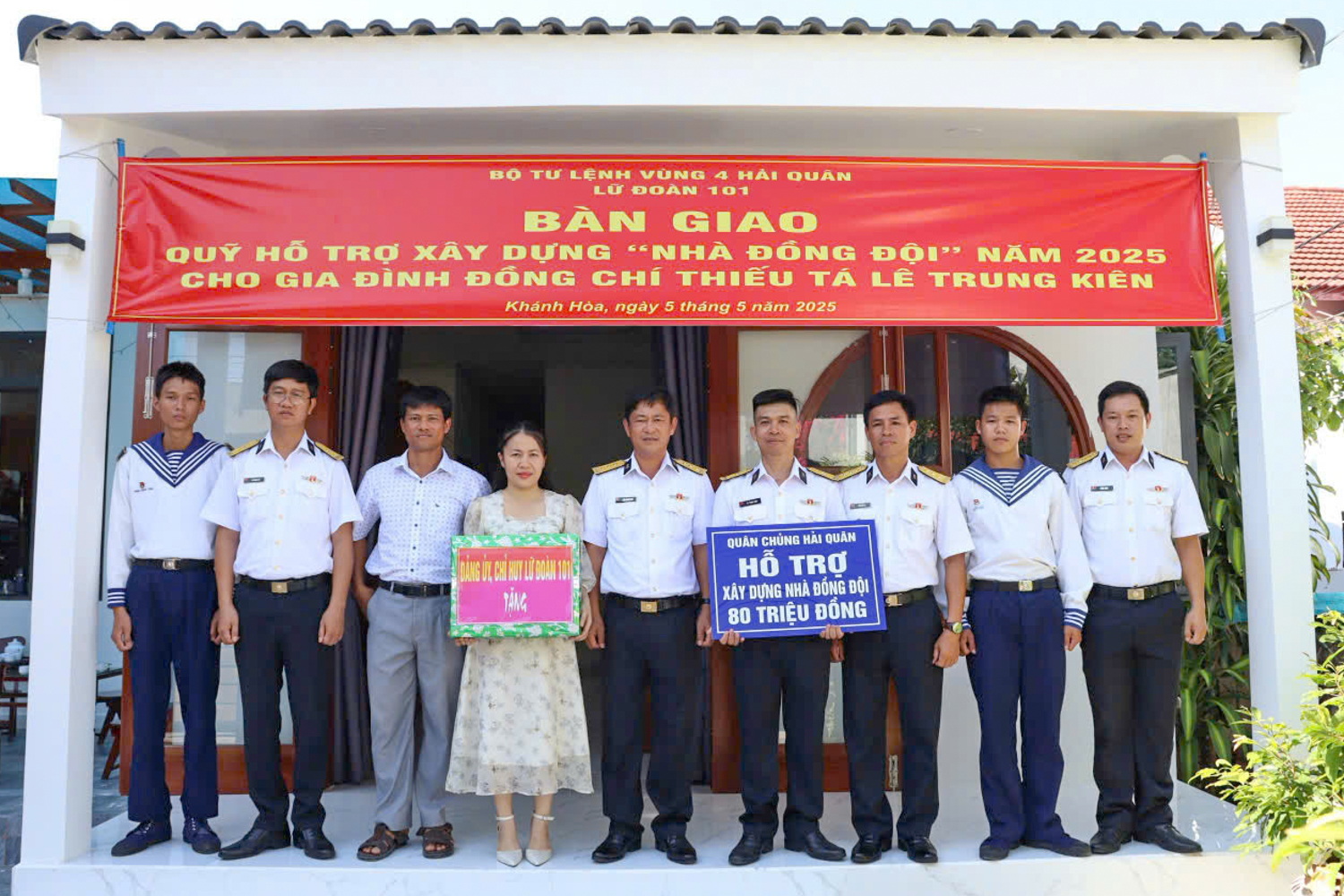











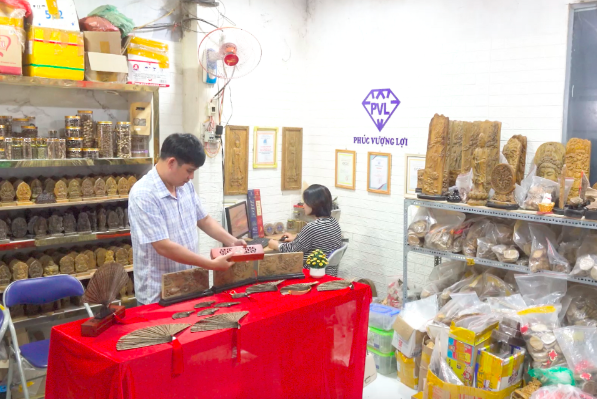



Comment (0)